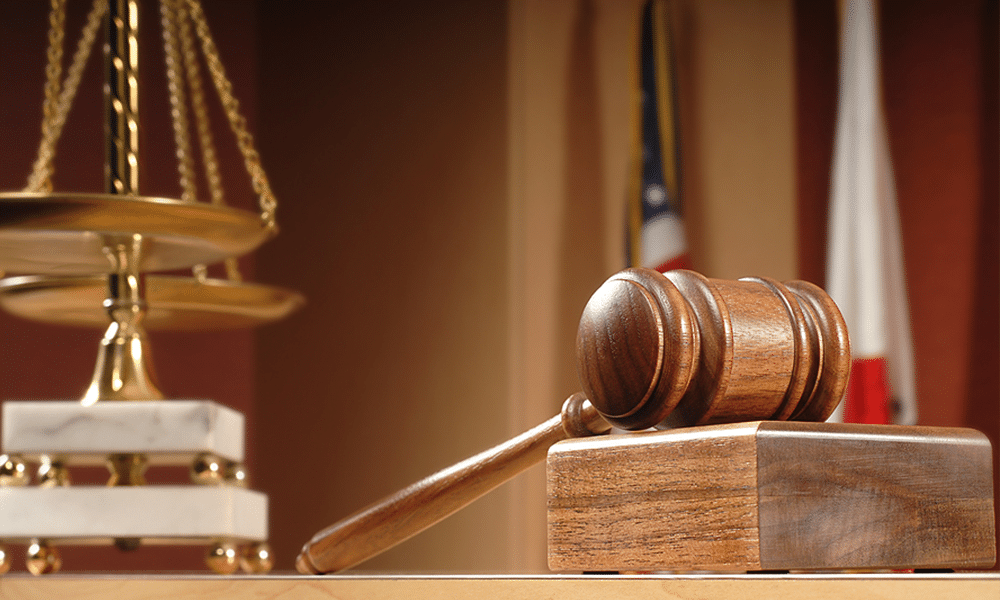Whistleblowing takes guts. When employees spot wrongdoing at work—like fraud, safety violations, or discrimination—they risk retaliation. That’s where the Whistleblower claims Attorney step in, acting as guardians of employee rights. These legal pros help navigate the maze of protections, ensuring those who speak up aren’t punished. We’ll break down how they do this, from initial consultations to courtroom battles, highlighting their vital role in fostering ethical workplaces.
Assessing the Validity of a Whistleblower Claim
First things first: not every complaint qualifies as whistleblowing. Lawyers evaluate if your report involves protected activities under laws like the Sarbanes-Oxley Act or state-specific statutes. They check for elements like reporting to authorities or internal channels about illegal acts.
This assessment prevents false starts, guiding you on strengthening your case with evidence like emails or witness statements.
Guiding Through Reporting Processes
Reporting wrongdoing can be tricky. Lawyers advise on the best channels—whether to HR, regulators, or hotlines—while minimizing risks. They ensure compliance with deadlines, as missing them could void protections.
Their guidance turns a potentially chaotic process into a structured one, boosting your confidence.
Protecting Against Retaliation
Retaliation is a big fear: demotions, firings, or harassment. criminal lawyer nj monitor for these, filing complaints with agencies like the OSHA or EEOC if they occur.
They build cases showing links between your report and adverse actions, seeking remedies like reinstatement or back pay.
Gathering and Preserving Evidence
Evidence is king. Lawyers help collect documents, recordings, and testimonies without breaking rules. They preserve chains of custody, ensuring admissibility in proceedings.
This meticulous work fortifies your position, countering employer denials.
Negotiating Settlements and Agreements
Many cases settle out of court. Lawyers negotiate terms, aiming for fair compensation without prolonged stress. They review non-disclosure agreements, protecting your future employability.
Their bargaining skills often yield better outcomes than going solo.
Representing in Administrative Hearings
If matters escalate to hearings before bodies like the Department of Labor, lawyers represent you. They prepare arguments, cross-examine witnesses, and present evidence persuasively.
Their experience in these forums increases success rates.
Litigating in Court When Necessary
For unresolved disputes, court is the arena. Lawyers file lawsuits under whistleblower statutes, arguing for damages like emotional distress or punitive awards.
They handle complexities, from jury selection to appeals, fighting tirelessly.
Educating on Rights and Protections
Knowledge empowers. Lawyers explain your rights under federal and state laws, including anonymity options or reward programs for tips leading to recoveries.
This education prevents missteps and encourages ethical reporting.
Supporting Long-Term Career Recovery
Post-case, lawyers assist with reputation management, like expunging records or reference letters. They connect you with career resources, easing transitions.
Their holistic approach aids full recovery.
Whistleblower lawyers are indispensable allies, turning vulnerable employees into empowered advocates. By protecting rights at every turn, they promote accountability and justice in workplaces everywhere.

